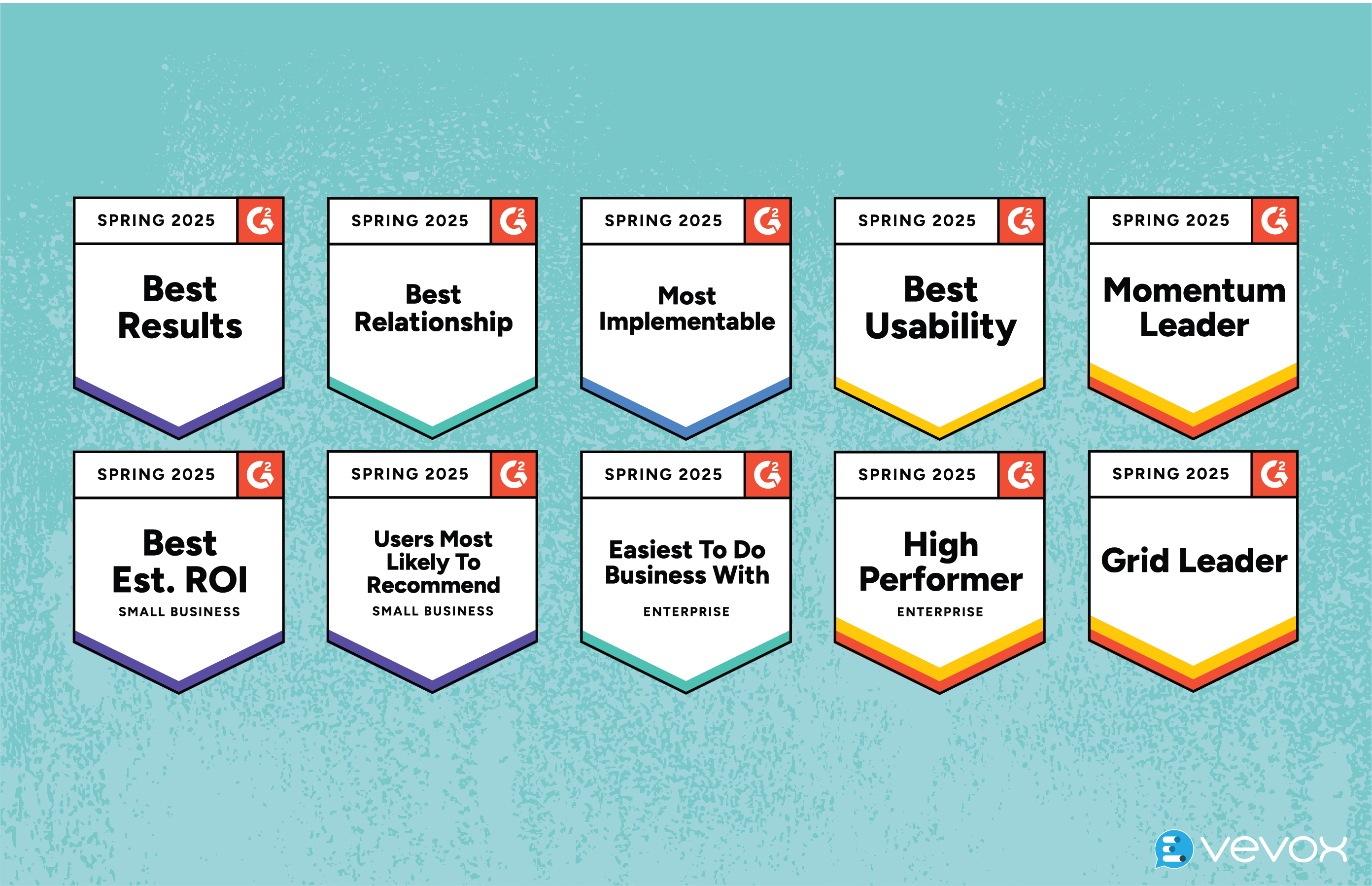Dr Samuel Johnson produced an anatomy of Procrastination in an essay of 1751. “The folly of allowing ourselves to delay what we know cannot be finally escaped is one of the general weaknesses which, in spite of the instruction of moralists, and the remonstrances of reason, prevail to a greater or less degree in every mind”, he pithily wrote.
Masterly Inactivity admittedly, as history shows, sometimes is the best course of (in)action. Medicine and politics are fields in which putting off till tomorrow what you could do today can prove an advantageous strategy. Representative John Randolph from Virginia said during a debate in the US Congress in January 1828, “We ought to observe that practice which is the hardest of all—especially for young physicians—we ought to throw in no medicine at all—to abstain—to observe a wise and masterly inactivity.”—Register of Debates in Congress. But it is never the optimal course of action if you are seeking to learn. It breeds anxiety and it leads to underperformance.
Typically, 75% of students consider themselves procrastinators (P Steel, University of Calgary, 2007), and 50% do so regularly and to a level that is considered problematic. Procrastination is not simply a matter of poor time management but can be traced to underlying and complex psychological motives. It is commonly associated by Cognitive Behavioural Psychologists such as Professor Bill Knaus with low self-esteem, irrational beliefs, a fear of failure, and depression. Furthermore, those who procrastinate have been found to be more stressed and likely to be ill nearer a deadline, culminating in lower exam grades.
So, what can be done to overcome inherent tendencies to procrastinate? Ultimately, students have to do it for themselves. But according to academics at the McGraw Learning Center at Princeton University, on whose work we here draw, there are three steps to follow.
1. Awareness
Understand why delaying and avoiding have become an issue. Knowing the true reasons for procrastinating makes it easier to control.
2. Sensible Time Management Techniques
Time management techniques and tools are indispensable, but they are not enough by themselves. Moreover, not all methods of managing time are equally helpful in dealing with procrastination. Those that reduce anxiety and fear and emphasize the satisfaction and rewards of completing tasks work best. Those that are inflexible and emphasize the magnitude of tasks foster anxiety and prove counterproductive. For example, making a huge list of “things to do” may increase stress and procrastination. Set reasonable goals, break big tasks down into smaller chunks or segments, and set aside time for rewards as work is completed. Repeatedly placing yourself in a situation where there are distractions can also, unsurprisingly, be extremely counterproductive.
3. Motivation through Engagement
This is the most important step. A student’s motivation is strongly influenced by what they think is important and what they believe can be accomplished. Stay actively engaged in your classes. Students who are active learners engage in learning through connecting what has just been learned to what is already known by asking questions, participating in discussions, and contemplating. A student who is a passive learner in class is probably not “getting into” the course materials and its topics and that in turn weakens motivation. Don’t be passive; aspire to understand the course material and being an active and engaged learner. Student engagement is something instructors want to see and feel in their classrooms.
In this context, we at Vevox believe that we can contribute to overcoming procrastination and helping students to learn. Our engagement tools allow the lecturer to motivate the student body through in class engagement. Designed through consultation with the lecturers themselves, its moderated chat and anonymity option encourages even the most reticent of students to voice their opinions and join in discussions... And it tests how much the students have remembered through an easy to use 'correct answer' feature.
The ultimate weapon against procrastination in the student’s armoury is engagement. Engagement begets motivation. As Dr Johnson wrote in his essay, “to act is far easier than to suffer”. At Vevox, we would contend that to inter-act is easier still.




